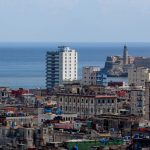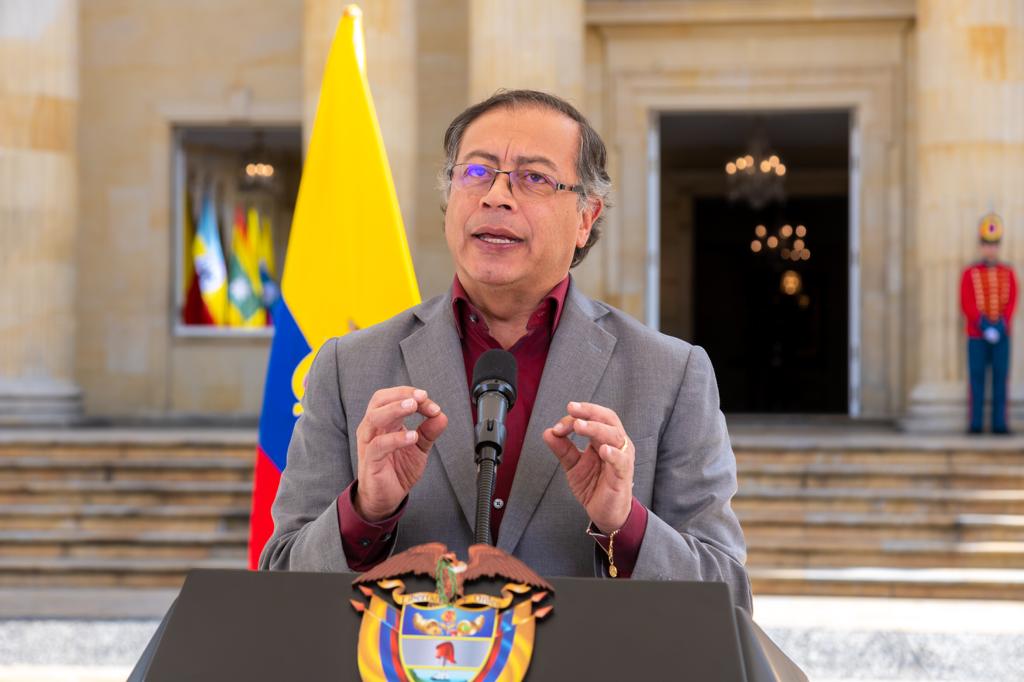It was not easy getting to talk to the patriarchs of the country’s business elite. She achieved it from a bridge that does not fail: the spiritual. It was a Jesuit priest who opened the doors of the houses and offices of the guardians of the Chilean neoliberal model. This is how Alejandro Pelfini, PhD in Sociology from the Albert-Ludwigs-Universität Freiburg in Germany, Argentinean and academic at the Universidad del Salvador and Flacso-Argentina, who presented his book, tells it. Are they or are they made?: Chilean business elites facing citizen questioningfrom UAH Editions.
This work –that he did together with his colleague Omar Aguilar, doctor in Sociology from the UAH, product of the regular Fondecyt 1141001, The transformation of business elites in an emerging society. Distinction, tolerance and transnationalization of Chilean business elites, and carried out between 2014 and 2017– covers a historical period marked by scandals of corruption, collusion, illegal financing of politics, social unrest and the constituent process. “It was a moment that called into question the supposed superiority and leadership capacity of the ‘guardians of the model’, because the public pointed to them as abusers”, says Pelfini.
They wanted to investigate the definition of this group and how they responded to the questioning of their wealth and moral probity, not only in Santiago but also in regions. To achieve a robust analysis, they conducted thirty interviews with their representatives, to which they added other more recent ones on the predominant attitudes of the business community regarding the new Constitution. It was a long job, spanning years, and ended with the prologue commissioned to the prominent journalist Daniel Matamala, who used the metaphor of the witch’s mirror from Snow White to portray an elite with excessive vanity and inability to accept reality and the truth. of things.
Matamala wonders: “What response has the Chilean business elite historically received when asking its mirror? How has that response changed in recent years? What has been the reaction to changes in the economic, political and social reality of the country? The research answers all these questions and also the one in the title ‘Are they or are they made?’”.
For Pelfini, the national elite inherited a series of capitals and a habitus that allows them to conceive, exercise and be perceived as a privileged group. The question “are they or are they made” has to do with their origins, their continuity over time, their relationship with the upper class, their capacity for renewal and their link to the State and the political class. The latter, in our country, was achieved from the second phase of the dictatorship. “The first thing we wanted to do was define them, because it’s difficult and controversial,” he says.

–Why is it so complex?
–Because in Chile, when talking about the elite, they say things like they live in the upper neighborhood, but that category means nothing; others define it as the richest 1%, but that says very little about its organizational capacity; Others say that they are the owners of the largest companies in Chile or who head the rankings international as Forbes. It seems to me that these criteria are not satisfactory; They do not show the organizational and agency capacity that large businessmen who act politically do have. Entrepreneurs are one thing, businessmen another, and their vanguards and their key figures are another.
–How could you access them?
–I have to thank the Alberto Hurtado University very much, because we started with the key contacts that led us to the closest sources, but at one point we realized that we were not reaching the heart of the group. We sent e-mails and letters and had no response, and that was when I wrote to Father Fernando Montes, who had stopped being rector and knew that we were doing this investigation. He supported us: thanks to his efforts, we were received in their homes and offices, and we were able to have very good conversations with all of them.
–One of the findings is that the Chilean elite is very homogeneous, concentrated and with a capacity to act as a group that is superior to what happens in other countries. Because?
–The homogeneity has to do with its origin and the Chilean elite has little capacity for reflection, self-criticism and self-observation. In general, they are commercial engineers and industrial engineers who are trained in the same colleges and universities. It seems to me that there is a more ideological theme, a highly automated, repetitive and self-satisfied symbolic universe that makes the group feel very proud of itself and of being the “guardians” of the Chileans.
–How that?
–There is an idea of moral superiority that is understood when they say “we are the ones with a special talent, the responsibility to do things well and that is a service to the country.” Cognitive superiority appears when they state “we know what to do and we have the know how to do it”.
–How do new issues come to you, such as the gender agenda?
–Faced with the issue of gender or the gaps with SMEs, they may give small signs of change, but they are cosmetic, because when they feel threatened by a serious process, such as a tax reform, that idea of consolidating positions and of the delegitimization of other positions.
–Are you ready for effective democratization?
–They can accept democracy as a political regime, but not understand the other as a valid interlocutor. Communicationally they do not accept another vision and that was very clear in the interviews.
–And what about the children, do they have a more renewing look?
–Yes of course. After the outbreak they had expressions along these lines, but they did not manage to establish themselves as majority positions, because when they make key decisions they repeat what they always do. It would be necessary to see what happens in ten more years with the incorporation of women in companies, but nothing guarantees that because they are women the elite will change their way of seeing the world. There may be some slightly more sensitive tone, but I’m not so optimistic that some amount of diversity will change the core. Faced with the outbreak, for example, they said “something happened here that didn’t work, that we have to review”, and that lasted a few months. When they analyzed that, in the context of generating a change, they would lose privileges, they said “we’ve only got this far” and became defensive.
–I mean, don’t they give in?
–One might think that they would take better advantage of the crises and that they would give in on some things. But no: they want to continue leading in the same way and they hope that revolts like the outbreak will pass and that the country will continue to work in their favor.
–What is good about the Chilean elite?
–It is interesting how they are constituted with such a strong identity, that is admirable and attracts attention, because they are capable of maintaining a consistent project, with little internal fragmentation, without major productive or political conflicts, if compared with elites from other countries that are more complex. They achieved that during the dictatorship and it has the virtue of making the model they want consistent, deciding what economic policy they need. There is something there that one, as a researcher, takes off his hat to.
–What self-criticism is there behind the big collusion scandals where they were pointed out as abusers?
–They say “there are a few and we must not prosecute all the business community, which is respectful, honest and responsible.” They compare themselves with the rest of the region and say things like “we are not corrupt like the Argentine or Peruvian business community, here we respect the law.”
–In religious terms, does guilt work for you?
–Collective guilt, never. They are convinced that they are a contribution to the country, that they provide work, that they generate wealth and that they have improved the welfare of the country.
–Why is it necessary for Chileans to read this book and know how the elite thinks?
–In political terms, it is necessary because the business community is an actor with power and the capacity to veto any reform process. It is necessary to understand that, in the face of any social upheaval, it is necessary to dialogue with them; if you want to change the model, you have to do something with them. That is why you have to know them, diagnose their advantages and disadvantages, identify their achievements, their talents and their deficits. And also recognize their cunning and ability to counterattack, and be prepared against that.
–At least they don’t hide…
–They appear a lot in the press, we know who they are, they are in the public sphere and some have Twitter. If we compare this way of being with the Argentine elite, the Chilean one is very identifiable, because in my country (Argentina) it is very complex to know where they are and also nobody defines themselves as a leading group. Here, on the other hand, they show themselves as business leaders with unlimited power.
–What this study shows is very pessimistic: compared to the number of milestones that have shaken the country, they do not have a different scheme.
–Unfortunately not. And taking his moral discursiveness seriously, at some point, I thought there could be more learning and self-criticism. I really expected it, but maybe we were a little naive in that. The question was what capacity do they have to take advantage of these processes to renew leadership and the answer was: there is no capacity, there is little reflexivity and what they hope is that the country remains the same.

















